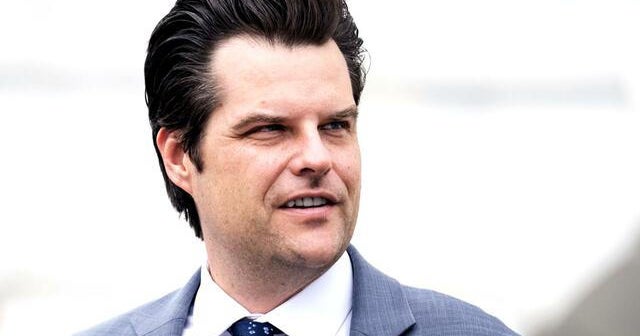CBS News
Nov 19: CBS News 24/7, 1pm ET

Watch CBS News
Be the first to know
Get browser notifications for breaking news, live events, and exclusive reporting.
Continue Reading
CBS News
Ritchie Boys | 60 Minutes Archive

Watch CBS News
Be the first to know
Get browser notifications for breaking news, live events, and exclusive reporting.
CBS News
The significance of U.S. officials in Syria amid search for Austin Tice

Watch CBS News
Be the first to know
Get browser notifications for breaking news, live events, and exclusive reporting.
CBS News
The Iron River | Sunday on 60 Minutes

Watch CBS News
Be the first to know
Get browser notifications for breaking news, live events, and exclusive reporting.








